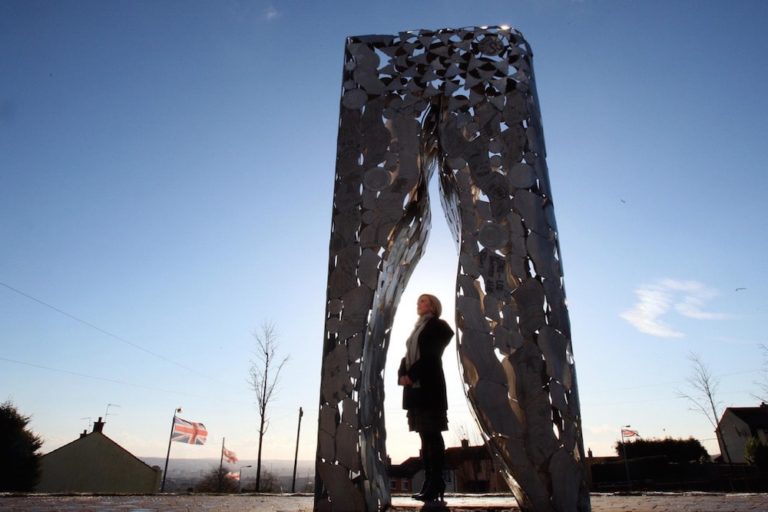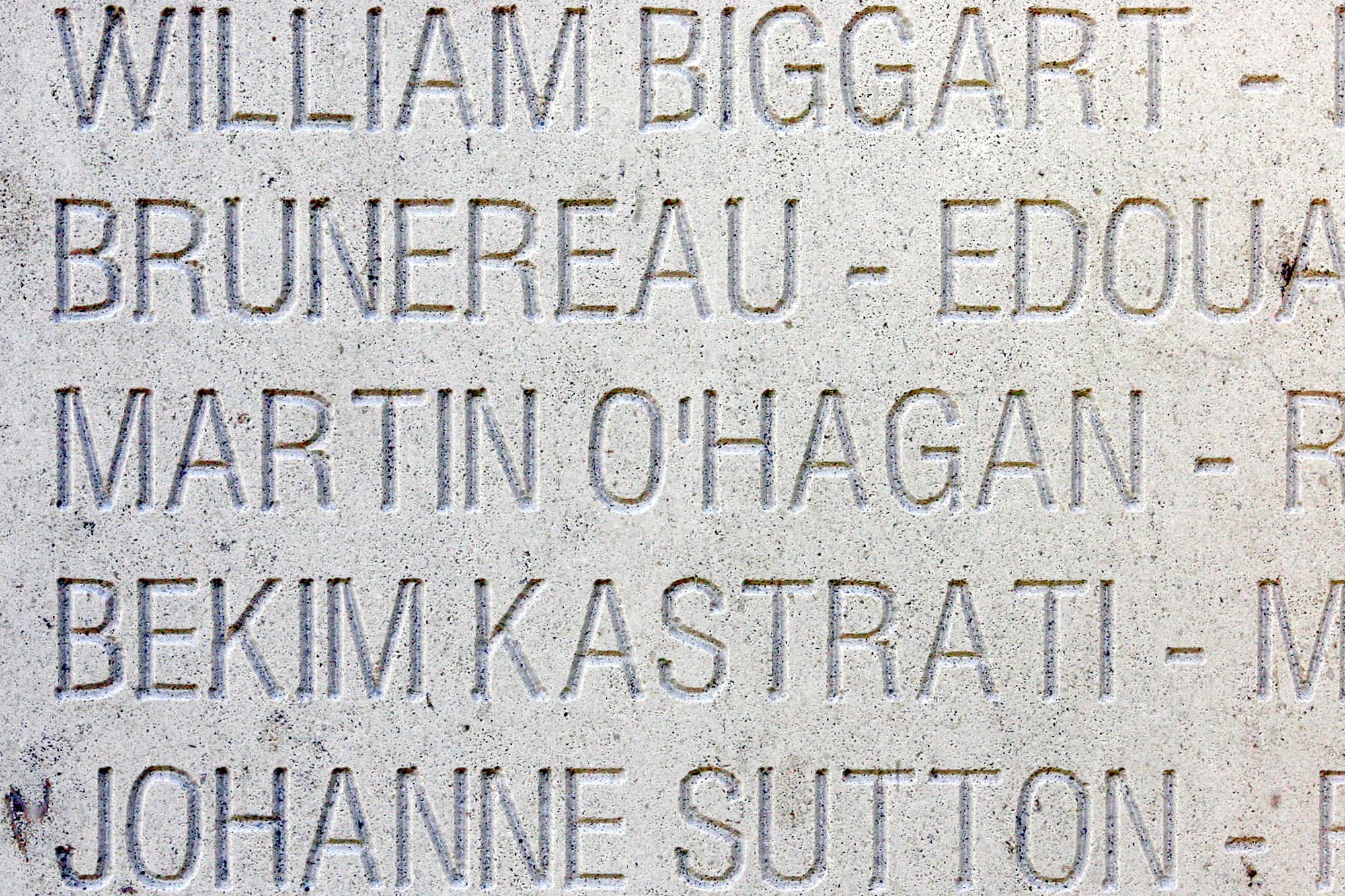The IFJ says that forcing a journalist to reveal her sources will put her life at risk and weaken the fragile peace and democracy in the region.
(IFJ/IFEX) – 12 June 2009 – The International Federation of journalists (IFJ) says that forcing a journalist to reveal her sources in Northern Ireland will put her life at risk and weaken the fragile peace and democracy in the region.
At a hearing yesterday in Belfast, the Police Service of Northern Ireland (PSNI) sought to enforce an order that Suzanne Breen, a journalist of the Sunday Tribune, should provide materials over articles concerning the murder of two British soldiers in the province. The case, says the IFJ, highlights the threats to press freedom and the safety of journalists forced to hand over materials that will reveal their sources.
“The protection of sources is of the essence for independent journalism,” said Aidan White, IFJ General Secretary. “In this case the journalist is at physical risk of reprisals from paramilitary groups if she hands over information and the right of people to be informed will be compromised in Northern Ireland if sources of information dry up.”
The IFJ says that the Breen case demonstrates unequivocally that ruthless groups are prone to exert retaliation against journalists for briefing authorities on them.
According to reports, journalists who testified at the hearing told the court that journalists must not discriminate against their sources at the risk of scaring off future sources of information. The court also heard witness evidence of previous incidents of violence against journalists and media organisations as a result of their cooperation with the Police in their inquiries.
Suzanne Breen was contacted by the Real IRA, a dissident group of the IRA which claimed responsibility for the murder of the soldiers in March. She subsequently interviewed the group’s representative whose identity the PSNI is asking her to reveal. The journalist told the court she had received threats in case she complied with the authorities’ request.
The IFJ and its European group, the European Federations of Journalists (EFJ), led the campaign for the review of anti-terrorism laws in European countries which threaten the protection of journalists’ sources. The issue was raised by the EFJ at the meeting of ministers of the human rights network of the Council of Europe in Reykjavik, Iceland, at the end of May which called on their government to review anti-terrorism laws enacted after the attacks of 11 September in New York and Washington.
“These laws do more harm than good,” added White. “They compromise the integrity in journalism and expose journalists to serious risks.”
The IFJ represents over 600,000 journalists in 123 countries worldwide.


